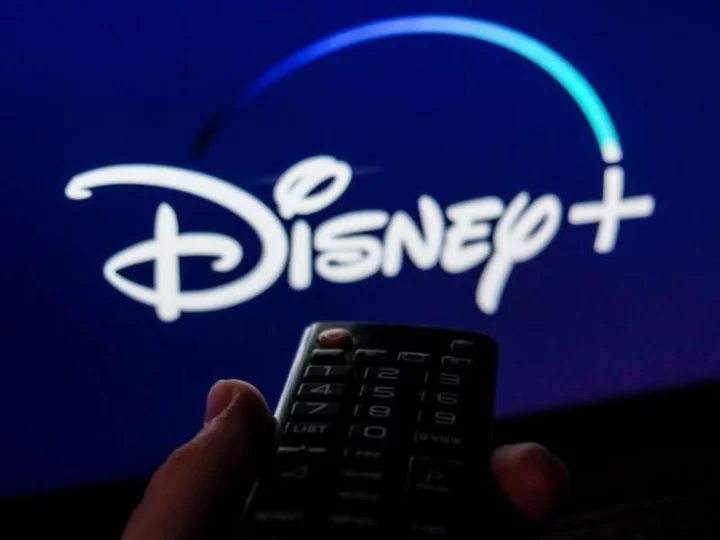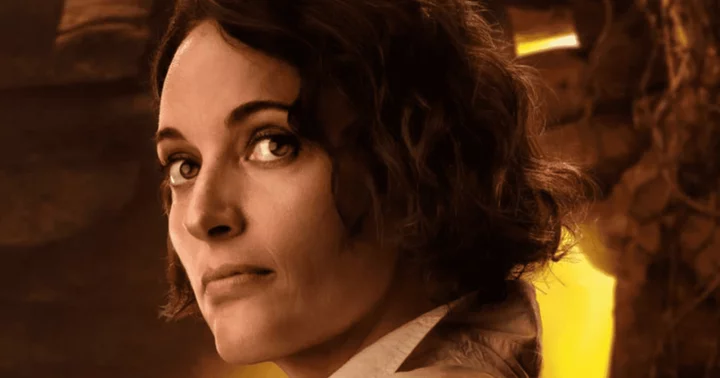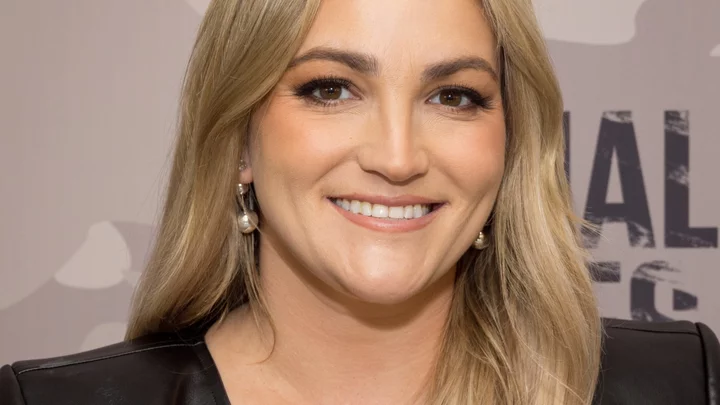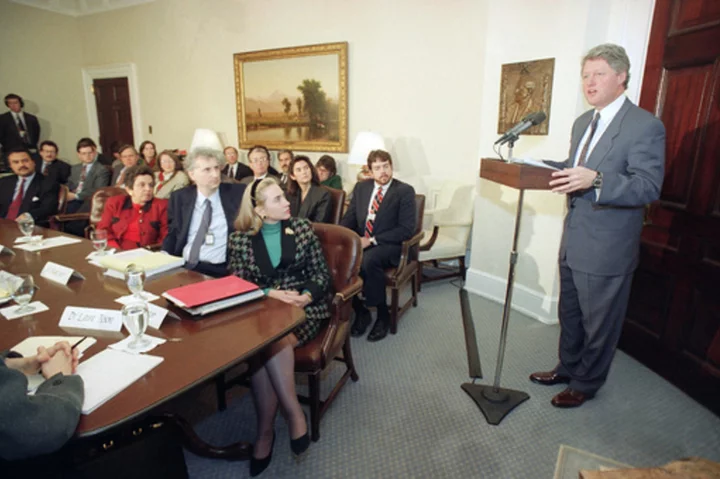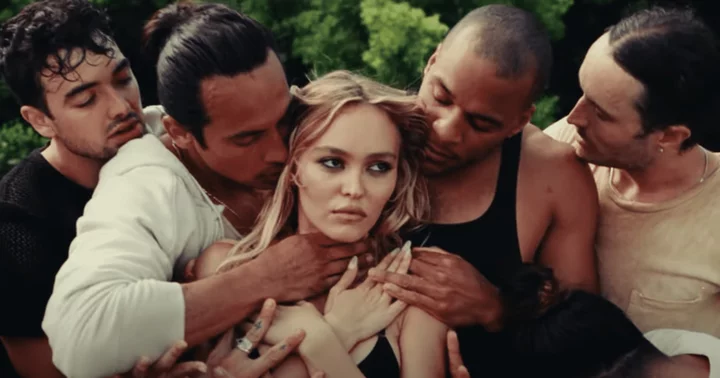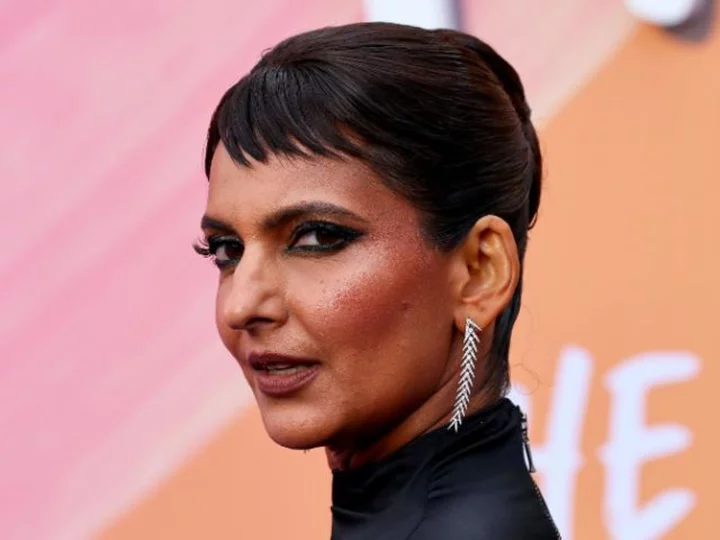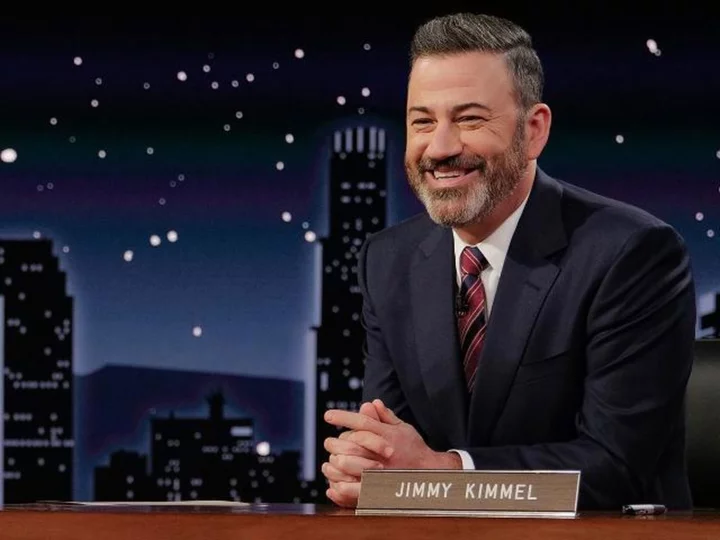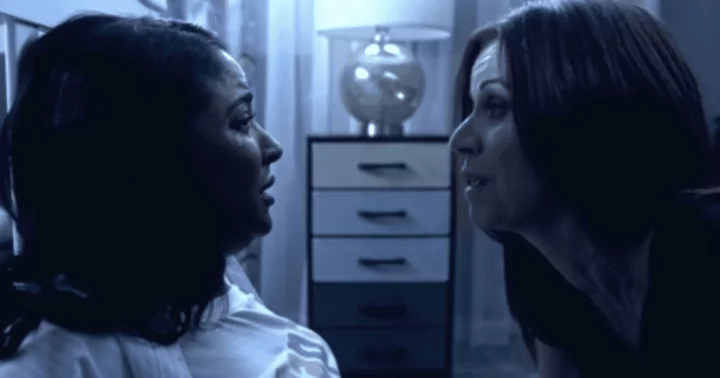It's a carriage fight that could lead to the dismantling — or revolution — of the cable television bundle.
The brawl between Disney and Charter Communications, which has erupted into view at the most inopportune time for sports fans as the US Open plays out and the NFL season gets underway, has laid bare the strained relations between distributors and content providers that has simmered beneath the surface for years.
The showdown resulted in ABC, ESPN, and other major Disney-owned channels being yanked off the air for Charter's 15 million Spectrum subscribers over Labor Day weekend, angering viewers and raising existential questions for the traditional cable business as it quickly became clear this is not the usual carriage battle.
The standoff boils down to Charter's demand that Disney provide its subscribers access to its alluring direct-to-consumer services at no additional charge or offer more flexibility on bundling. Charter argues that it is paying a premium for Disney content ($2.2 billion in 2023), but that much of the first-class, buzzy content is actually on platforms like Disney+, not the linear channels.
The dispute has underscored the extent to which the switch from traditional linear television to streaming has ravaged the business models of cable and satellite providers, with Charter mincing no words and stating frankly "the current video ecosystem is broken" and simply unsustainable.
"This is not a typical carriage dispute," Charter said in a statement. "It is significant for Charter, and we think it is even more significant for programmers and the broader video ecosystem."
In Charter's eyes, it is essentially being charged a top-tier rate for second-rate content while Disney simultaneously uses the money it generates from its lucrative carriage deal to build out a service that will ultimately lead to the destruction of the cable bundle as we know it. It either wants the doors to the rest of the Magic Kingdom unlocked or for the House of Mouse to offer greater flexibility in the traditional bundle, so that customers who may not want access to pricy channels like ESPN aren't on the hook to pay for it.
Disney, obviously, sees the state of affairs differently. It believes that it is still creating premium content for its linear channels and that it invests large sums of money to produce content for its DTC services, which it considers a totally separate offering. And it says it has proposed "creative ways" to make Disney's DTC offerings available to Charter subscribers. But, in Disney's eyes, why would it give away access to its expensive DTC content at no additional cost to Charter subscribers?
"Our linear channels and direct-to-consumer services are not one and the same, per Charter's assertions, but rather complementary products," Disney said in a statement. "We continue to invest in original content that premieres exclusively on our linear networks, including live sports, news and appointment viewing programming. Likewise, on our direct-to-consumer services, we make multi-billion-dollar investments in exclusive content, which is incremental to our linear networks."
How the fight between the two entertainment giants ultimately plays out could have far-reaching consequences for the entire industry, as evidenced by share prices of media titans sinking across the board following news of the extraordinary dispute last week. Shares in Warner Bros. Discovery — CNN's parent company — are down 9%, shares in Paramount Global are down nearly 8%, and shares in Comcast and Fox Corporation are each respectively down 3%.
It's unclear precisely when the matter could be resolved. CNN has learned that Disney chief Bob Iger has been personally involved in the matter (yet another industry-defining matter for him to grapple with), engaging with Charter boss Chris Winfrey about how the two parties can work to resolve the matter. But when, or if, the two sides can strike an agreement is unclear.
The fact that Disney is now directing people to switch to its Hulu + Live TV service as an alternative and Charter is urging its customers to sign up for FuboTV at a discounted rate, suggests that negotiations aren't on the brink of producing a resolution.
Charter has also staked out a hardline position: Either it will shake up and transform the economics of the television industry, or it will exit it altogether.
"The Walt Disney Company and Charter have the opportunity to work together on transforming the industry for the long-term benefit of both companies and their customers," Charter said. "Without them, we need to pivot to other models to drive value for our connectivity relationships. We are either moving forward together with a collaborative business model, or we're moving on."

